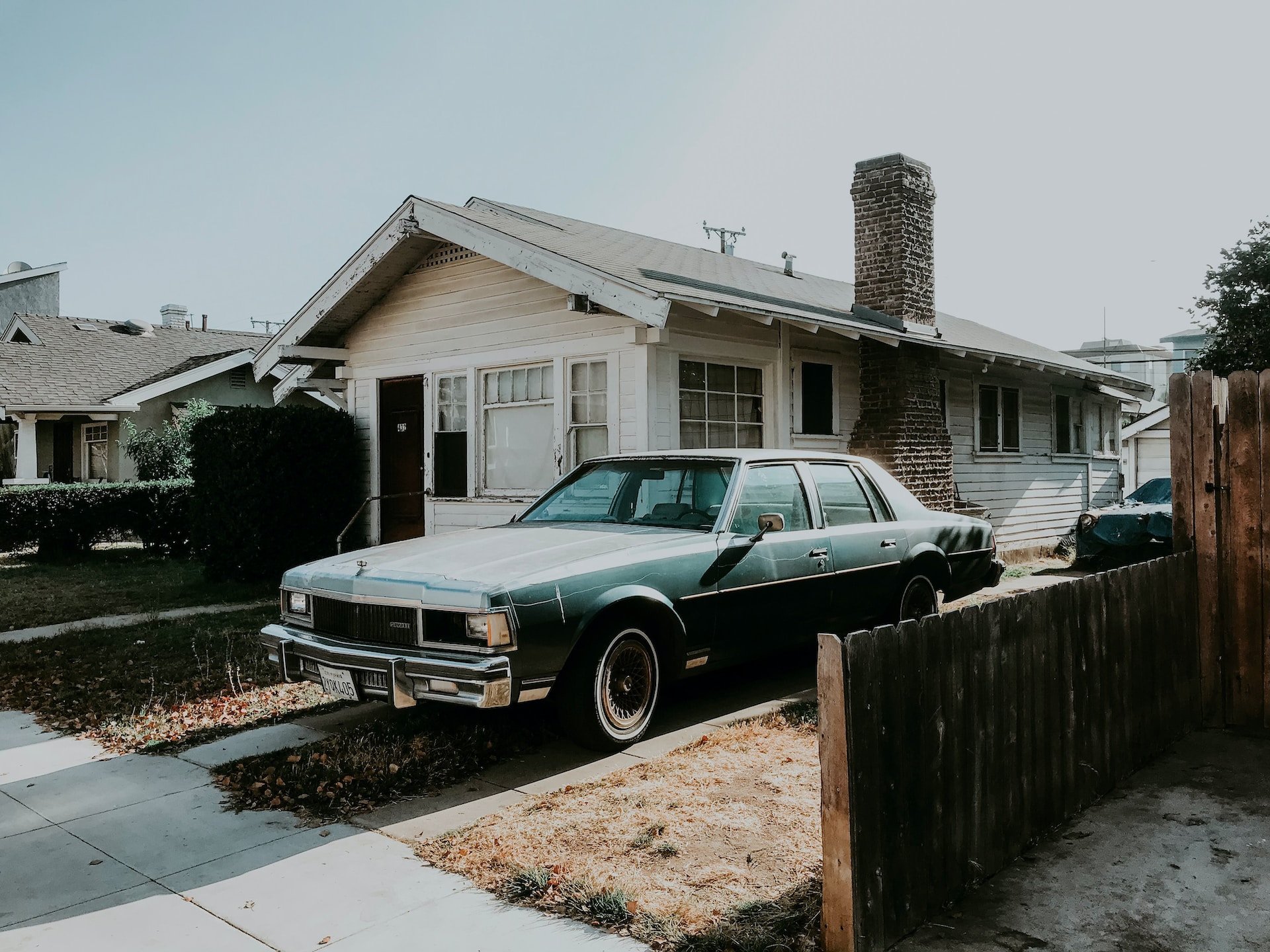Social media is a powerful tool for maximizing your home’s visibility and reaching the right audience. By promoting your listing on platforms like Instagram, Facebook, and LinkedIn, we’re able to showcase your home to a larger pool of potential buyers, including those who may not yet be actively searching but could be drawn in by an engaging post.
Through targeted ads, visually captivating posts, and strategic sharing, social media can help generate buzz and drive interest quickly. This approach not only amplifies your home’s exposure but also creates an opportunity for buyers to connect with your listing in a casual yet compelling way, encouraging more showings and, ultimately, stronger offers.
In today’s digital world, leveraging social media is essential to ensure your home reaches as many qualified buyers as possible, making it an invaluable part of our marketing strategy.
